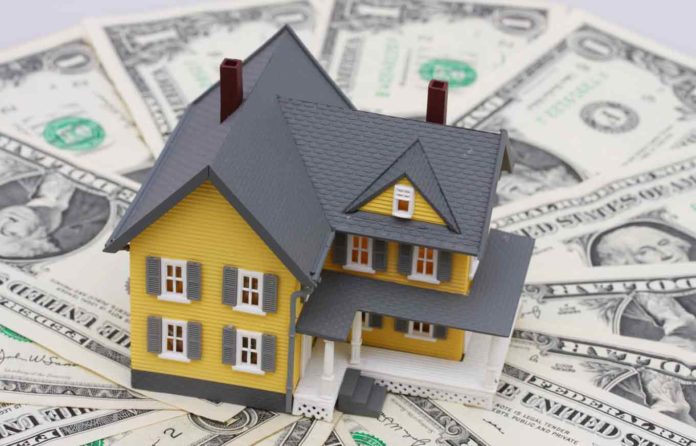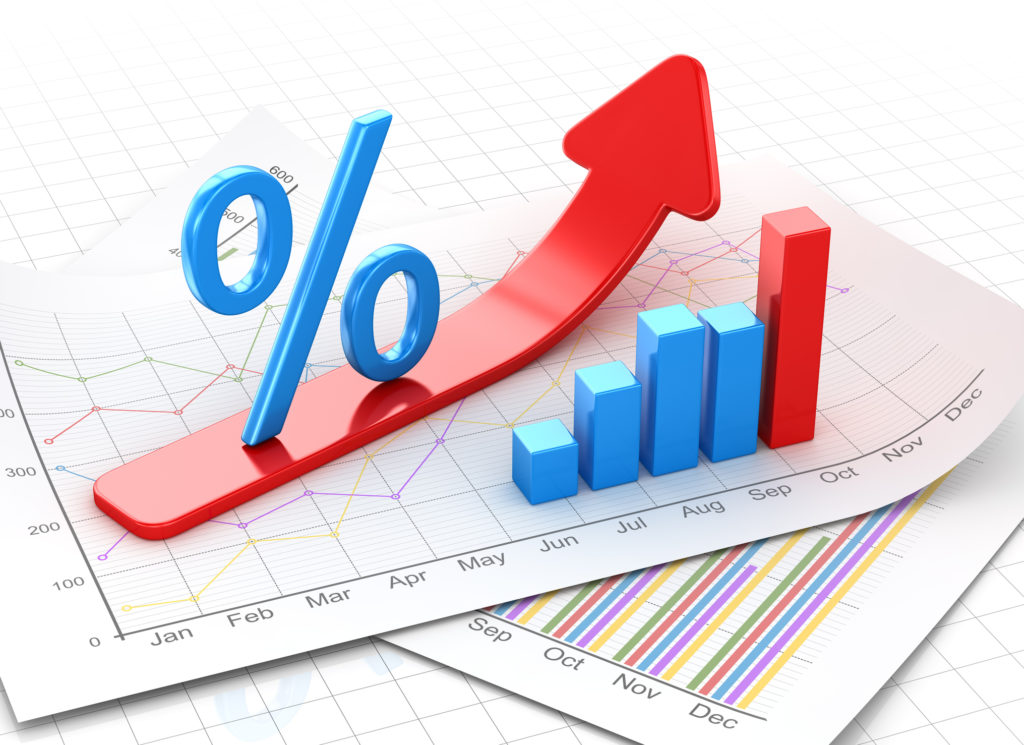
As of 2019, mortgage rates have tumbled. According to data obtained by Nerdwallet, the average APR for a 30-year fixed-rate mortgage fell to 4.09%. Now that rates are fairly reasonable, homeowners have a good reason to negotiate lower monthly mortgage payments through refinancing.
The potential to save a few hundred bucks each month is enticing, but is it worth refinancing? The answer depends on what you plan on doing with that extra cash. Some reasons to refinance are better than others. For instance, refinancing to pay off credit card debt can work in your favor as long as you’re not more than 15 years into your mortgage. At that point, you’d be restarting your loan from the beginning, which means paying front-loaded interest payments (again).
When does it make sense to refinance? The answer depends on a variety of factors, but generally speaking, here are the best reasons to refinance your home:
1. Your interest rate is too high

The most obvious reason to refinance your home is if your interest rate is too high. You can check out current mortgage refi interest rates at a site like Credible.com. Lowering your interest rate will reduce your monthly payments and help you pay off your mortgage sooner. Experts say you should try to reduce your interest rate by at least 2%, but a 1% reduction is still good. When your interest rate is lower, you’ll build equity faster.
If you don’t have any other motivation to refinance, lowering your interest rate is good enough to start talking to your lender.
2. You want access to equity

Refinancing your home will give you access to any equity you’ve paid over the course of your mortgage. Most people use equity for home renovations, buying a new car, or taking a vacation. However, cashing in on your equity can work against you. Having available equity increases your chance of getting a lower interest rate.
According to Savings.com.au, if your available equity is less than 20% of the property value, your lender might require you to purchase Lenders Mortgage Insurance. This insurance covers the lender if you default on your loan, and can be a bit pricey.
You might be better off getting a separate loan to cover home renovations, but you’ll need to crunch the numbers to know for sure.
3. You’d like to adjust the term of your loan

When you refinance your mortgage, you’ll be able to lengthen or shorten the loan term. There are good reasons for each of these options. If you want to pay less interest overall, then shorten your loan term. Your monthly payments will go up, but your loan will be paid off quicker. This is a great option if you can afford to pay a little more each month.
On the other hand, if you need to reduce your monthly payments, you can lengthen your loan term. You’ll pay more over time, but your monthly payments will become more affordable.
4. You want to consolidate debt
Refinancing your mortgage to consolidate debt is a smart move only when you don’t get back into debt. The problem with refinancing to get out of debt is that it doesn’t change a person’s habits. According to Investopedia, a large percentage of people who generate high-interest debt end up doing it again. This cycle creates a total loss in wasted fees, lost equity, and more years of interest payments, not to mention more high-interest debt. In this cycle, bankruptcy eventually becomes the only option.
Be smart about refinancing

Refinancing your home is a big decision that requires taking multiple factors into account. Be prepared to pay a loan discharge fee to your current lender, a setup fee to your new lender, and a valuation fee. Also, be prepared to have each refinance on your credit report.
If you’re okay with all of the above, and still want to refinance, talk to your lender. Find out if you can get your existing loan refinanced. Otherwise, you may need to talk to a different lender.
Crunch all the numbers to make sure refinancing makes financial sense. Will you really save money, or will you end up paying it all back in interest later on? Are you committed to putting the extra money into your savings account each month?
Whatever your reason for refinancing your home, make sure it’s the right decision for the long-term.














